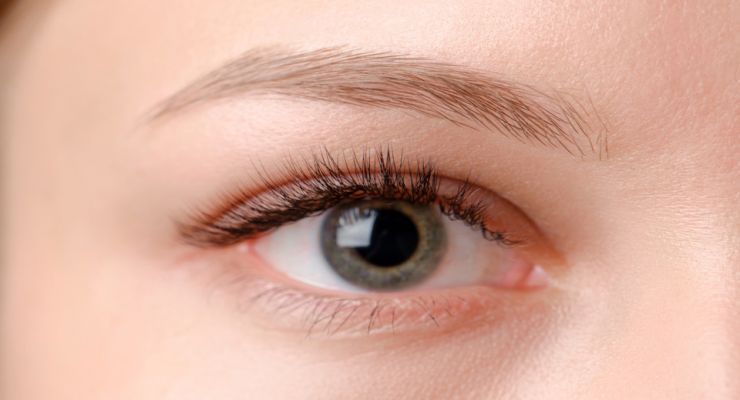You’ve probably experienced an annoying eye twitch at some point in your life. Eyelid spasms are fairly common and generally harmless. They can even last for a few months without causing any long term damage. And though you may think it is incredibly obvious, most people don’t notice when your eyelid starts acting of its own accord. So what exactly causes this condition and how can you stop it?
Eye twitching or myokymia is not something to be immediately concerned about. It is a spasm of the upper or lower eyelid that usually comes on suddenly and goes away just as fast. Without other symptoms or if it dissipates its own, your eye twitch is merely a blip in your everyday life. A little irritating, but nothing to be concerned about. However, if the twitch persists or if it is accompanied by other neurological symptoms, it is important to see an eye doctor as soon as possible.
Myokymia could be an early sign of blepharospasm, a central nervous disorder that causes increased involuntary blinking and potential blindness. It could also be a rare, but severe condition known as a hemifacial spasm. This is a compression of a cranial nerve by a neighboring blood vessel which leads to muscle twitching and dysfunction on one side of the face. If you notice twitching in any other part of your face or are unable to keep your eye open due to muscle contraction, make an appointment with your eye doctor.
Though researchers are unable to nail down exactly what causes the eye to spasm, there are a few lifestyle and environmental factors that play a role in your likelihood of developing an eye twitch.
Stress
Stress is often listed as the number one cause of eye twitching. Take a moment to look at your life and determine areas of stress. Cut back on places where you’ve overcommitted and unplug from work for the weekend. Practice mindful breathing and yoga or try journaling and meditation to process your busy lie.
Fatigue
We’ve all been guilty at some point of not getting consistent enough, quality sleep. Life happens, and it’s easy to place sleep on the back burner, considering it a nonessential. However, it is crucial for a healthy body and mind and can seriously begin to affect how you function, including causing involuntary eye twitches. Forgo a few minutes on social media or an episode of your evening TV show to retain a consistent sleep schedule and get well rested for your busy day ahead.
Caffeine
If you can’t live without your two cups of extremely strong coffee every morning, you may be getting a caffeine overload. Excessive caffeine, whether from soft drinks, coffee or tea, could lead to eye twitching. Try cutting back on the amount of caffeine you consume or drinking decaf for a few weeks until your eye twitch disappears.
Allergies
Allergies do a number on the eyes, causing tearing, redness, and itching. Rubbing your eyes (which is the natural response when they itch) only increases the issue and releases histamine into your eyelid tissue which in turn triggers twitching. While there are over the counter eye-drops that can help remedy eye allergies, it is a good idea to talk to your eye doctor if you experience persistent twitching along with allergies.
Dry eyes
Dry eyes is an extremely common condition, especially in people over 50. This condition can be exacerbated by certain medications, extensive computer use, and in contact lens wearers. If your eyes feel gritty or you often wake up with goop around your eyes and experience regular twitching, you may have dry eyes. Consult an eye doctor for the best way to restore moisture to the surface of your eyes and prevent further twitching.
Eye strain
Digital eye strain, from staring at a computer or smartphone for extended periods of time has quickly become a leading cause of eye twitching. It is a good idea to follow the 20-20-20 rule when working on any screen. Every 20 minutes look up form your screen to an object at least 20 feet away and allow your eyes to focus on it for 20 seconds before returning. This gives your eyes a short rest and is also a great time to stand up and stretch your muscles as well.
Have you ever experienced an eye twitch? How did you get rid of it? Let us know in the comments below!
-Susan Patterson

